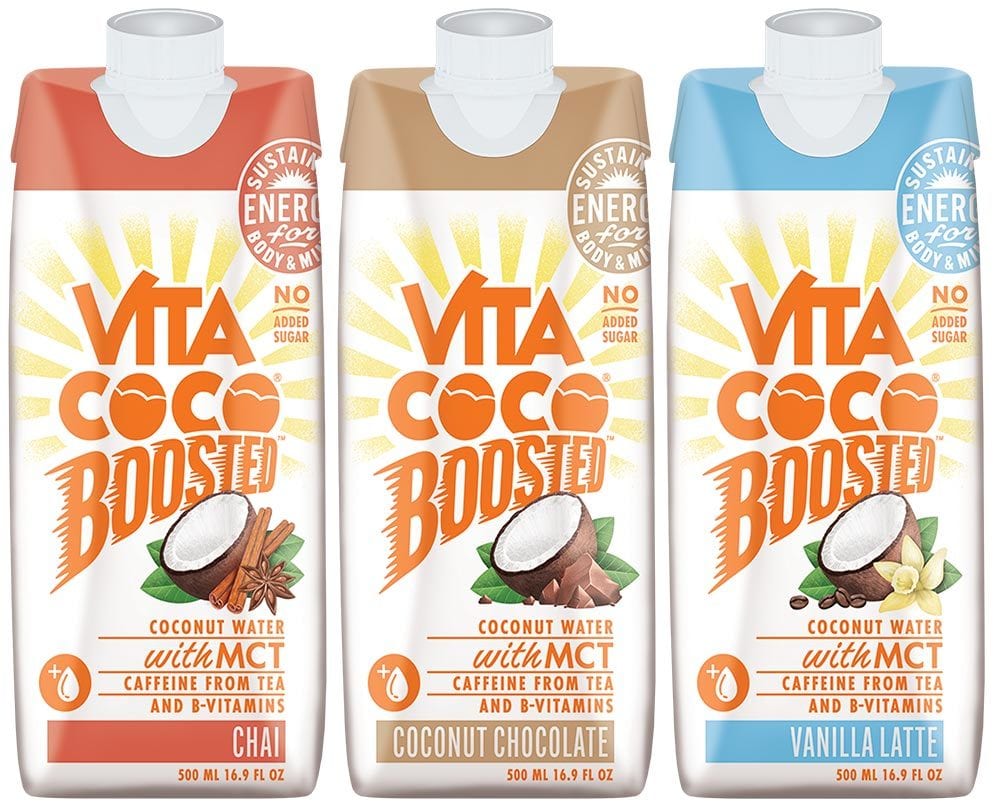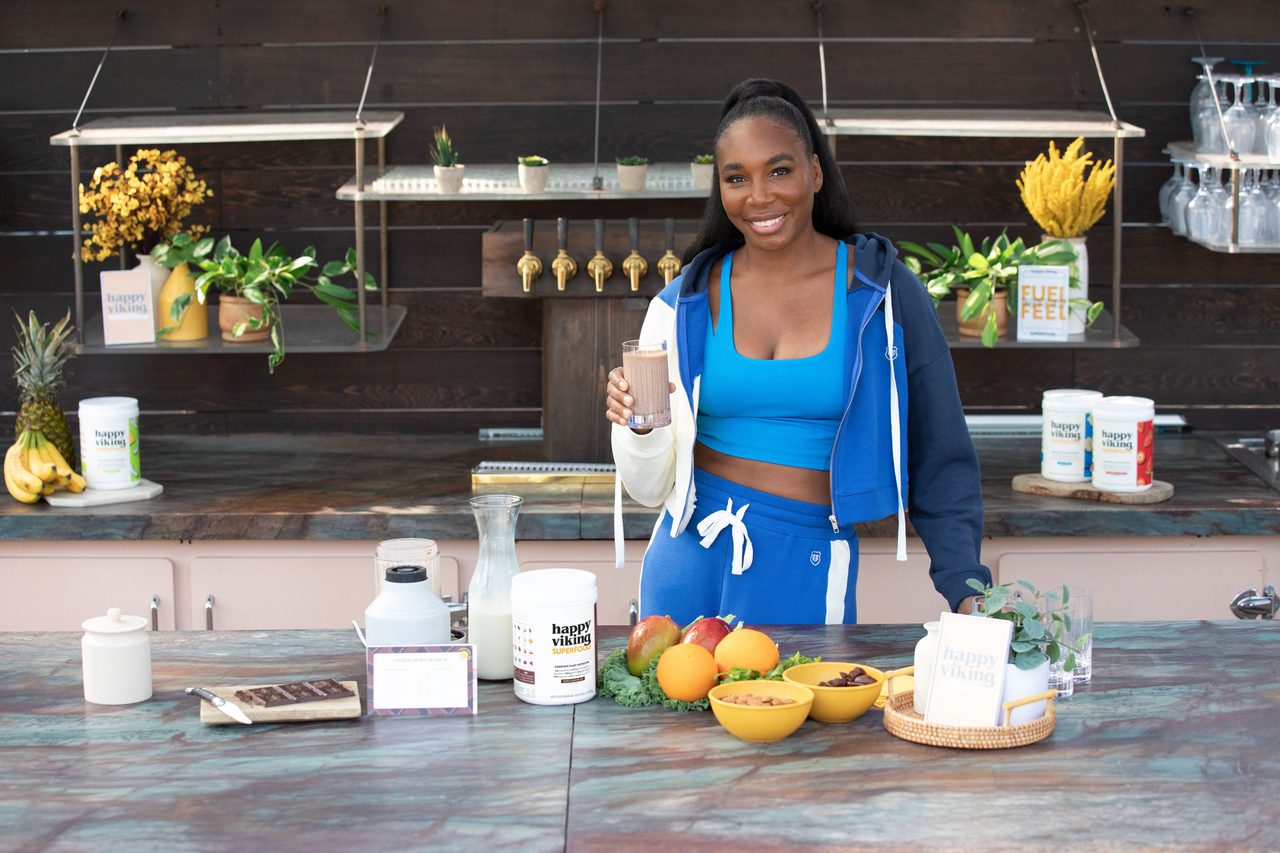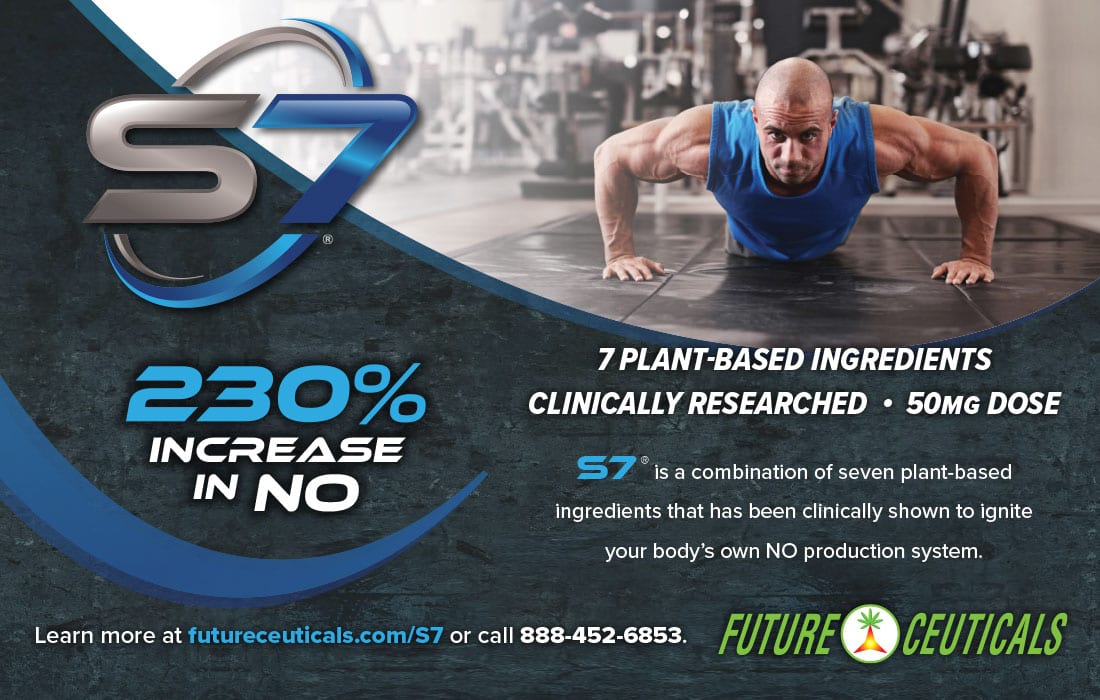Beverage
R&D
For the everyday consumer
Consumers continue to incorporate performance beverages into their everyday routines
By Taylor Karg
Performance beverages, once considered to be only for extreme athletes, have become mainstream and are embraced by all who are participating in any kind of physical activity or trying to lead overall healthier lives, BENEO’s Kyle Krause says. (Image courtesy of BENEO North America)
Generally speaking, health and wellness is a top priority for consumers. As a result, they continuously are seeking out food and beverage products they can feel good about — both mentally and physically. One such category this trend is significantly impacting is sports and performance beverages.
According to Chicago-based Mintel’s February report “Sports and Performance Drinks,” sales for the sports and performance category totaled more than $10.7 billion in 2020, and is expected to surpass $13.5 billion by 2025, an increase of 26%.
Historically, category participation strongly was rooted in athletes and fitness-minded users, the report states. However, the continuous market growth is indicative of an increasing amount of everyday consumers looking to reap the benefits sports and performance beverages offer, it continues.
Maintaining healthy lifestyles
Even as routines in work, school, fitness and social activities were disrupted by the COVID-19 pandemic, the category continued its upward trajectory. “While consumers likely adapted and found new ways to maintain some form of [their routines], the category’s inherent connections to wellness and functionality were at the core of its performance,” Mintel’s report states.
In addition to Mintel, other industry experts cite the COVID-19 pandemic as a contributor to the performance beverage category’s success. “The pandemic has shown that consumers are still very much interested in health and wellness,” says Grace Harris, director of applications and business development at Hilmar, Calif.-based Hilmar Ingredients. “It’s even more important as we all have been more vigilant to stay healthy and strong. Consumers want to lead healthier lives and seek food and beverages that deliver components that assist in achieving that goal.”
Vita Coco released Boosted, a coconut water fortified with MCT to provide sustained energy for the body and mind. (Image courtesy of Vita Coco)

Kyle Krause, product manager, functional fiber and carbohydrates, at BENEO North America, Parsippany, N.J., echoes similar sentiments about the pandemic’s impact on the category. “I[t] certainly highlighted the importance of maintaining a healthy lifestyle, not only with dietary choices, but also in establishing habits to increase physical activity,” he explains.
“In a 2020 survey commissioned by BENEO, the market research company FMCG Gurus found that with the onset of COVID-19, global consumers have become more focused on their health and well-being,” he continues. “Sixty-four percent said that they are more concerned about their immune health and general inner well-being; 34% indicated an interest in products to fight fatigue and boost energy; and 55% said they’re looking for products that boost their mood and mental well-being.”
These overall trends are having a direct impact on the performance beverage market with consumers now choosing products that deliver on multiple health benefits, Krause says. Performance beverages, once considered to be only for extreme athletes, have become mainstream and are embraced by all who are participating in any kind of physical activity or trying to lead overall healthier lives, he adds.
More ingredients, more functions
As the performance beverage category continues to grow, so do consumers’ expectations about the benefits such drinks have to offer. For example, protein is being touted for its increasing popularity in performance food and beverage formulations, experts note.
“Many consumers are becoming more proactive about their health and wellness, and with that comes a willingness to try new sports nutrition products such as protein bars, ready-to-drink beverages, ready-to-mix shakes and homemade smoothies fortified with plant protein,” says Dustin Gosgrove, vice president of sales at Merit Functional Foods, Manitoba, Canada.
“When consumers have positive experiences with these products, like improved performance or enhanced recovery, as well as great taste and texture, they’re more likely to make them a permanent part of their lifestyle,” he explains. “The consensus is clear: it’s no longer acceptable for a product to under deliver when it comes to taste, texture or nutritional profile, even if it utilizes plant protein.”
To ensure its protein ingredients consistently deliver on taste, texture and profile, Merit uses a proprietary extraction and membrane filtration technology, Gosgrove notes. The method allows the ingredients to have a neutral taste and color so that they can work within various types of beverage applications, from a classic white vanilla to a rich, salted caramel, he adds.
“When consumers have positive experiences with these products, like improved performance or enhanced recovery, as well as great taste and texture, they’re more likely to make them a permanent part of their lifestyle. The consensus is clear: it’s no longer acceptable for a product to under deliver when it comes to taste, texture or nutritional profile, even if it utilizes plant protein.”
— Dustin Gosgrove, vice president of sales at Merit Functional Foods
George Gonzalez, marketing manager at Parsippany, N.J.-based DSM, also highlights protein’s popularity — and more specifically plant proteins — within the performance beverage category. “As consumers move to more plant-based protein drinks, they will look for beverages that can deliver the same amino acid product as animal-based proteins so that they can get the same benefits,” he says. DSM’s latest innovation, CanolaPRO, is a sustainable, plant-based protein from the canola plant that is high in nutrition and easy for humans to digest, Gonzalez adds.
In addition to proteins and plant-based proteins, consumers increasingly are turning to other ingredients such as vitamins A, B, C and D, as well as electrolyte minerals like potassium and sodium, to help support immunity, endurance and physical activity.
“These ingredients are a new take on endurance with the understanding that after a workout, our internal defenses may be drained, but to lead a healthy lifestyle, we also need endurance to be present and engaged at work, with our families and more, beyond just the workout,” Gonzalez explains.
Marianne McDonagh, vice president of sales at Ham Lake, Minn.-based Bioenergy Life Science Inc. (BLS), also details consumers’ cravings for endurance-supporting beverages. “Imagine having that much-needed healthy energy boost we all crave during a high-intensity workout, training for our first marathon, or just simply getting through that busy day of non-stop meetings,” she says. “Well, now you can with endurance-supporting ingredients in your products, and without the unwanted side effects.”
Experts note that more performance beverages are utilizing plant-based proteins. Venus Williams, in partnership with beverage innovator Dyla Brands, announced the launch of Happy Viking Superfood Complete Plant Nutrition. (Image courtesy of Happy Viking)

To support this consumer need, BLS offers its patented Bioenergy Ribose, a recovery-improving ingredient that can be formulated into a variety of finished products including sports nutrition, nutraceuticals, food and beverage products, and more.
“D-Ribose is in every living cell of our body, so when supplementing with Bioenergy Ribose, it keeps your cellular ribose levels full to help you recover faster and keep moving,” McDonagh explains.
While the performance beverage category continues to grow year-over-year, experts note there’s potential for it to continue its upward trajectory. According to Mintel’s report, positioning performance products as part of self-care routines and reasons beyond exercise is the key to its growth. “Reminding consumers of their everyday reasons to reach for performance beverages can be as easy as reminding them why they purchased it in the first place — function, flavor and health,” it says. BI
Supporting development needs of pre-teen, teenage boys
Nutritional Growth Solutions Ltd. (NGS) introduced its “Grow Daily Boys 10+” protein drink powder, which was formulated with the specific nutritional needs of boys 10 and older in mind. Launching in the United States, the new line contains a patented mixture of macronutrients designed to boost an adolescent’s growing body and increase muscle mass. Each serving of the nutritional shake contains 18 grams of high-quality whey protein, healthful lipids, and complex carbohydrates, plus micronutrients that are scientifically proven to be related to growth. These include zinc, calcium, iron, and vitamins A, D and C. The new line is available in three flavors: Chocolate, Vanilla and Plain, a neutral base flavor. Grow Daily Boys 10+ Plain is versatile, crafted to be added to milkshakes, fruit smoothies, yogurt or other delicious recipes, the company says. “While nutritional needs are similar for young boys and girls ages 3-9, during puberty they have different nutritional needs,” explained Dr. Michal Yackobovitch-Gavan, NGS’ director of clinical studies, in a statement. “For this reason, we dedicated this line for boys for the 10 years and up age group and will design another product line for girls at the same age.” Noting that there are more than 20 million children in the U.S. between ages 10-14, there are few products addressing the unique nutritional needs of adolescents, let alone products that have been clinically tested, she adds.
Nutritional Growth Solutions Ltd
Tel Aviv, Israel
+011/972-73-248-2618; liron@ngsolutions.co; www.ngsolutions.co.
October 2021 | bevindustry.com

